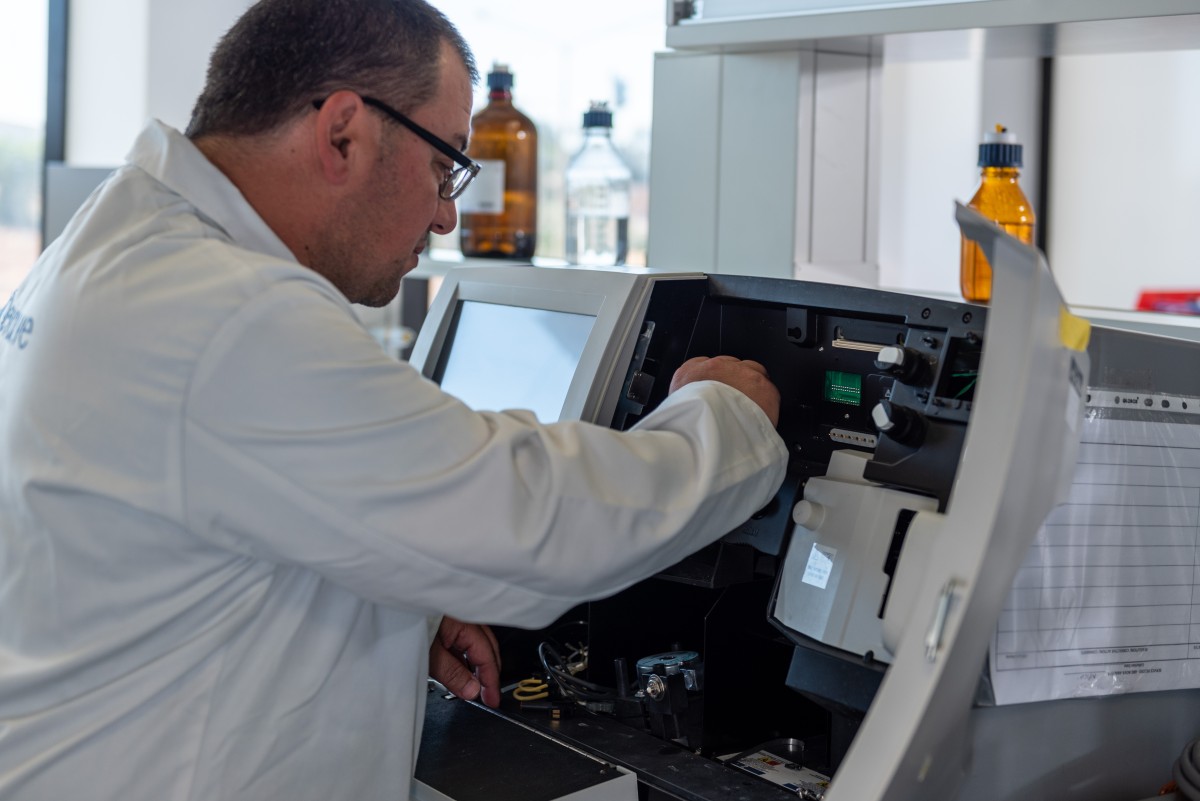If you’re working in a laboratory, you probably know the difference between the two terms clarification and filtration.
The big difference between clarification and filtration is that clarification deals with removing small amounts of solid particles from liquids in a beaker or pipette. While filtration refers to the clarification of a liquid containing solid particles through filtering off the liquid through a filter.
Clarification is a vast topic that includes different methods of clarifying liquids that contain particles in small amounts as impurities. Filtration is known as a type of clarification. Read on to learn all about the differences between the two.
Clarification
Clarification is the process of clarifying liquids containing small amounts of solid particles by removing the solid portion from the liquids. There are various different methods you can use to clarify contaminated liquids. Gravity sedimentation, filtration, centrifugal sedimentation, and magnetic separation are all methods of clarification.
The chemical species used for this clarification are called the clarifying agents. Clarifying agents are typically involved in the formation of clumps in the solid contaminant, making it much easier to remove from the liquid.
Sedimentation is a kind of precipitation which is able to make sediment of the solid contaminant via a technical method like centrifugation or leaving under the force of gravity until sediment forms.
Filtration
Filtration is a type of analytical technique for the separation of a solid form from a liquid form. The process helps remove solids in a fluid by passing the fluid through a barrier that can hold the solid particles through a mechanical, physical, or biological operation. Here, the fluid is able to be a liquid or a gas. The fluid we get after filtration is known as the ‘filtrate’.
The barrier used for filtration is the ‘filter’. It can be a surface filter or even a depth filter. Either way, it traps all solid particles. Most of the time, you use filter paper in the laboratory for proper filtration.
Typically, filtration is not a complete process that leads to purification. But, it is precise when compared to decantation. That’s because some solid particles might go through the filter while some fluids might remain on the filter without reaching the filtrate.
What’s the difference?
Filtration is a kind of clarification method. The difference between clarification and filtration is that clarification refers to the removal of smaller amounts of solid particles from liquids. In contrast, filtration refers to the clarification of a liquid that contains solid particles via filtering off the liquid through a filter. Both of these methods are very important for anyone purifying a liquid that has any solid contaminants for research or testing.
You might also be interested in
Stay up to date with our latest Evolve insights
Evolve is your trusted science partner
At Evolve, we have specific sector knowledge and tailor scientific solutions to your requirements by selecting and adapting our service offering, which includes:
- Facility design, laboratory supplies and lab furniture layout
- Expertise to help you make quick and informed decisions for all your clinical, scientific or analytical needs
- We can provide you with a comprehensive maintenance and support service
- We offer training in a number of areas of interest to the scientific community
- Our proactive, consultative approach is underpinned by the expertise of our team of dedicated professionals, ensuring that you’ll get personal support from one of our experts.
If you need to speak with someone from Evolve, please visit our Support Centre page.


